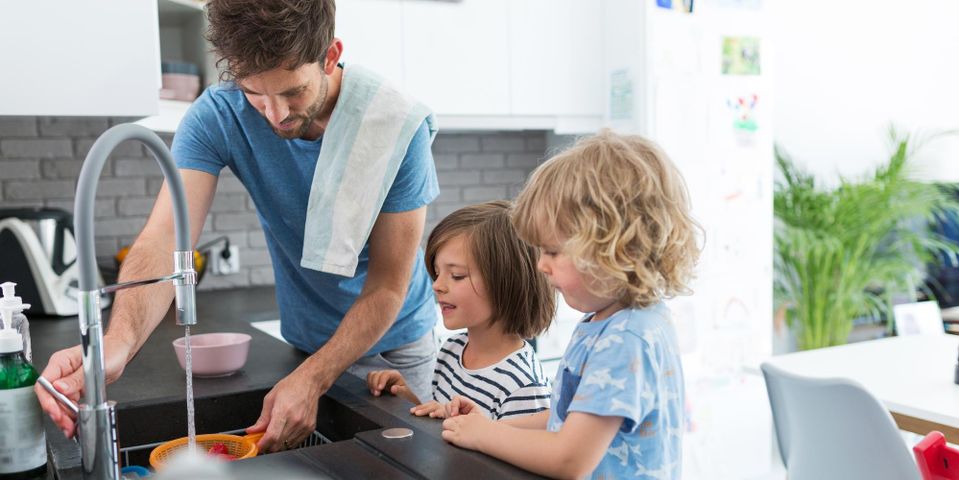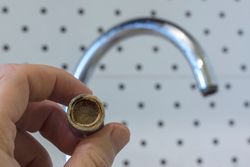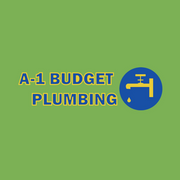
Used by every member of your household, your kitchen is one of the most essential parts of your home. That’s why it’s important to prevent clogs, leaks, and other plumbing issues. Follow these maintenance tips to keep your kitchen plumbing in good working order.
3 Ways to Maintain Your Kitchen Plumbing
1. Remove Mild Kitchen Clogs With Boiling Water
All kitchen sinks get clogged from time to time. If the clog isn’t severe, you may be able to remove it with boiling water.
As you let at least four cups of water boil on your stove, use a small pot or other container to remove as much standing water from the sink as you can. Next, pour the boiling water down the drain. If it won’t go down the drain, remove it, let it cool a bit, and try again.
2. Clean Your Faucet’s Aerator
 The aerator is the small, mesh screen on the end of your kitchen faucet that keeps the water stream from splashing. Over time, it can get clogged with limescale and sediment, causing a leaky faucet handle or low water pressure.
The aerator is the small, mesh screen on the end of your kitchen faucet that keeps the water stream from splashing. Over time, it can get clogged with limescale and sediment, causing a leaky faucet handle or low water pressure.
Every few months, unscrew your aerator counterclockwise from the faucet. If it won’t unscrew, wrap the faucet cap in a towel or masking tape, and use pliers to gently loosen the aerator before removing it with your hands.
The aerator should consist of about four small pieces that you can easily take apart. When removing them, pay attention to the order they’re assembled in, as you’ll need to reassemble them later. Next, dip a small brush in vinegar, and scrub the aerator with it. Finally, reassemble the aerator and screw it back on the faucet.
3. Don’t Put Just Anything Down Your Garbage Disposal
Your garbage disposal makes it easy to get rid of food waste while you’re cooking or cleaning up. However, it’s not designed to handle every single type of waste. Take care of your kitchen plumbing by keeping the following items out of your garbage disposal:
- Layered or stringy vegetables and fruits, such as onions, celery, and asparagus, which can wrap around the blades and shorten the disposal’s lifespan
- Rice, pasta, or bread, which expand in water and increase the risk of clogs
- Grease, oil, or fat, which solidify and increase the risk of clogs
- Hard waste that can damage the blades, such as bones, nuts, pits, and shells
- Coffee grounds, which can settle in drains or pipes and lead to clogs
- Anything that isn’t food and is unlikely to break down
Having trouble with your kitchen plumbing? Turn to the team at A-1 Budget Plumbing. Based in Honolulu, HI, they offer a wide variety of affordable services, including drain cleaning and 24/7 emergency repairs. With over 30 years of experience, they have the knowledge and skills to meet all of your plumbing needs. Learn more about the company online, and call (808) 526-3747 to schedule an appointment.
About the Business
(49 reviews)
Have a question? Ask the experts!
Send your question

